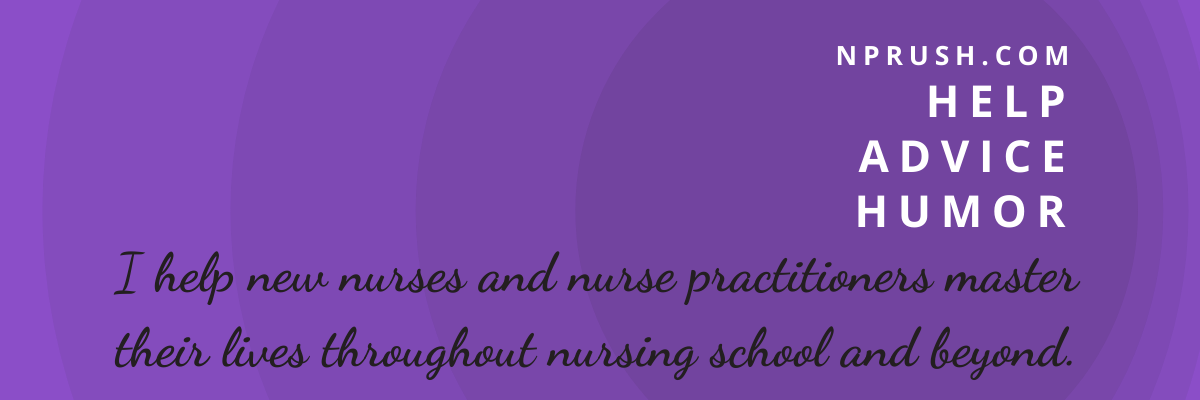“Whatever you do will be insignificant, but it is very important that you do it.” –Mahatma Gandhi
The orange sticker
One afternoon, during my first week as the Admission’s Coordinator for a local home health company, I pulled up in front of a two-story home with a bright orange “Eviction” sticker posted on the front door.

I’d been summoned to see a retired high school history teacher who’d lost his left lower leg and two toes on his right foot to diabetes. He was 68-years-old, the size of an eighth grade girl, with blood-dried gauze around his left knee stump, and a handgun peeking out from under his right buttock.
After yelling “come in” from the couch, the next thing out of his mouth when he saw me was a disturbing comment regarding his male anatomy and the shape of my lips. I won’t share the comment but he did manage to be sexist, demeaning, and grotesque in just a few words.
As a writer, I could only hope for such brevity of words. I looked at him. I don’t know what I expected. Perhaps an apology? A strange laugh to transition toward the real reason I was there?
He looked away. Now what?
Gaps and principles
As a nurse for more than two decades, this wasn’t the first patient to test me. The test was not aimed at my patience but rather my ability to hold on my principles.
In nursing, as in the wide scope of medicine, every life is of equal worth – a foundational principle that felt slippery at that particular moment.
According to the annual Gallup poll at least 85% of Americans have rated the ‘honesty’ and ‘ethical standards’ of nurses as ‘high’ or ‘very high’ since 1999 (Gallup, 2017).
As the most trusted profession is the United States, the underlying theme of universal human value is paramount within nursing but that doesn’t mean that we always live up to the principle.
Every nurse has faced this gap between the reality and the eagerness.
Even though it may seem like it, rarely is humanity completely corrupt or completely honorable. When I walked into Mike’s house that day, the amount of clutter and filth inside the home was outdone only by the sounds of vermin scurrying through the walls.
“They can’t get in,” Mike assured me.
He seemed to have cornered the market on repulsiveness, leaving me struggling to find a single thread of common humanity between the extremes of detestable and honorable.
The profession of nursing has earned its badge of trust by nurturing her students to remain nonjudgmental and curious regarding our patients. But sometimes the opportunities to remain neutral and engaged can be hard to recognize, especially when they come with bright orange eviction notices and crude comments.

Nurses who’ve been around long enough have likely witnessed some people getting no or poor care due to any number of reasons — skin color, lack of money, sexual preference, gender identity, lack of connections, questionable background – and we’ve felt shame for the profession as a whole.
In our heads we hold tight to the basic principle that a construction worker and a Fortune 500 president should have equal chances at positive outcomes when facing open heart surgery. This is fundamental to our profession.

Connecting through care
My approach with Mike was one of firm curiosity and tolerance. He needed nursing care but it would never work if I didn’t take the time right then to show him were the lines of respect and safety should be drawn for both of us.
As I took Mike’s health history and vitals, reviewed his medications, and changed his dressings, I inquired about his concerns and fears. He talked about his fear of losing his other leg and being alone. He talked about his daughter who was staying with him but was taken to jail only last night for throwing a glass at him . . . he had to call the police on her.

He talked and I listened until he willingly handed me his empty gun so I could remove it from the house.
Avoiding the ‘them vs. us’ mentality isn’t always easy.
Every person you meet has a malady to discuss, a complaint to make, a history of non-compliance longer than your arm, and another poor life-choice waiting to be made just beyond the clinic door.
People can be difficult and frightening, unfriendly and manipulative. And if they’re a safety risk, you walk away. But in the end, when the fight to hang on to your principles ends with a Rocky celebration, you may discover that people can also be charitable, accommodating, thoughtful, and even appreciative.
In nursing we have brief but intimate encounters that afford us moments to ask our patients point blank what it’s like to be them, what are their concerns and their fears.
We get the privilege of connecting through care because they trust us.
And sometimes they trust us enough to surrender their weapons.
Cheers,

Please share your story of connecting with your patient through care. Leave me a comment and don’t forget to hit save!

Reference
Gallup. (2017, December 28). Nurses keep healthy lead as most honest, ethical profession. [Press Release]. Retrieved https://bit.ly/2D9jTPV




